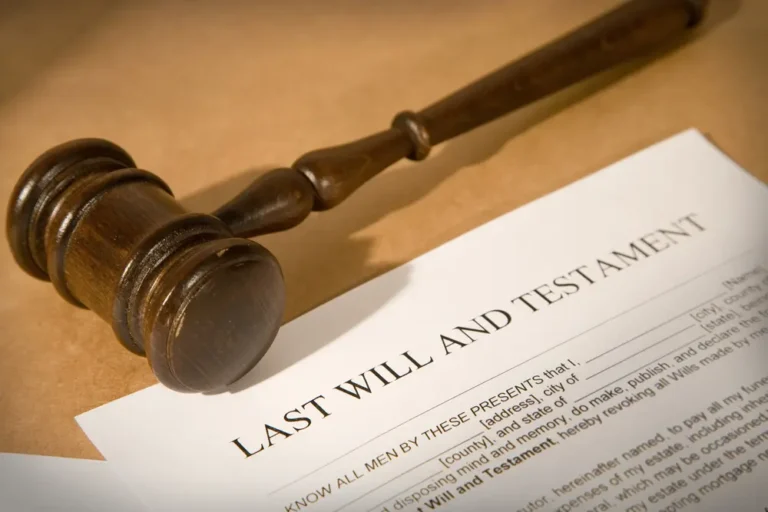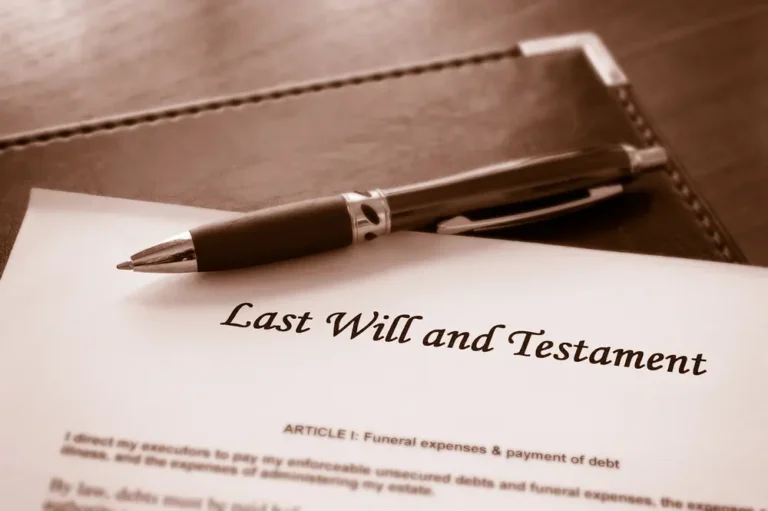Probate: Is it Necessary?~2 min read

The simple definition of probate is the legal process whereby property is transferred to the heirs of a deceased individual, who is referred to in law as the “decedent.” The definition may be simple, but the process is not. Our probate attorney at Springer & Lyle, Aubry Dameron, will assist you with the somewhat complicated Texas Estates Code so you can understand how probate works in Texas and discover what property can be transferred outside of probate. Many, if not most, estates in Texas if proper planning is in place, can avoid probate entirely.
What Happens in Probate
Probate is the legal process sometimes required whenever a person dies, whether the person left a will or not. If a will is submitted to the probate court, the purpose of the proceedings is to see that the wishes of the decedent are followed. If the person died intestate, meaning died without a will, then assets will be distributed according to Texas law.
When probate is opened, the assets are protected while the probate court determines whether the will is valid. The process ensures that creditors and beneficiaries receive notice of the death. An inventory will be prepared so that all interested parties are aware of the assets in the estate.
Assets That Must Go Through Probate
Property owned solely by the decedent without a designated beneficiary must go through probate. Examples are:
- The decedent’s bank accounts that have no beneficiary designated and no co-owner;
- Real estate in the name of the decedent;
- Stocks and bonds owned solely in the name of the decedent;
- Any possession owned only by the decedent including automobiles, jewelry, household furniture, etc.
Assets That Transfer to Beneficiaries Outside of Probate
There are many methods to address your assets to avoid probate. Assets that will not go through the probate court include:
- Any property owned in a revocable trust, since the property is not owned by the decedent, but by the trustee;
- Any property transferred by a Transfer on Death Deed (a relatively new statue allows such property to be transferred outside of probate upon death of the owner);
- Life insurance and retirement accounts that name a certain person or persons as beneficiaries;
- Bank accounts that designate a beneficiary of the account to be paid upon the death of the account holder or that is co-owned by another person;
Attorney, Aubry Dameron at Springer & Lyle can guide you through estate planning to avoid probate, as well as answer your probate questions and help you through the probate process when necessary. Contact us at 940-370-4033 to schedule your appointment for a probate consultation.







